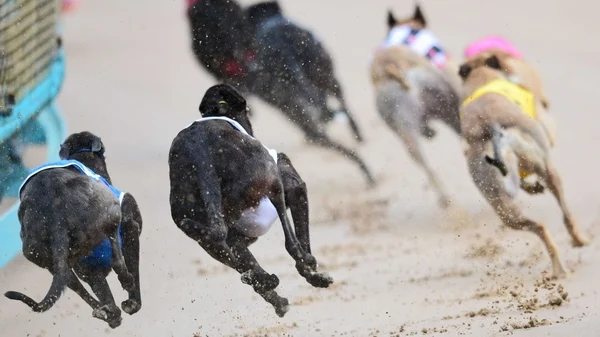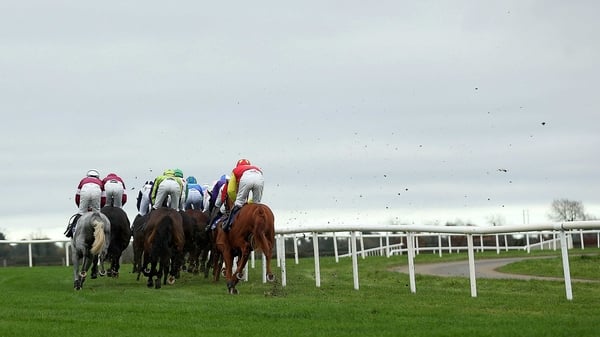The New Zealand government has proposed banning greyhound racing from 2026, saying the percentage of dogs injured in races remained significantly high.
New Zealand's greyhound racing industry has long faced criticism for not doing enough to protect the welfare of the animals, with three reviews on the industry over the past decade all recommending major changes.
"While fewer dogs are dying, injury rates, while down slightly, have plateaued and remain unacceptably high," said Minister for Racing Winston Peters.
Greyhound racing will be wound down over a 20-month period, and an advisory committee has been appointed to help find new homes for an estimated 2,900 racing dogs, Peters said.
The government introduced a bill, with the support of the opposition Labour party, to prevent the unnecessary killing of racing dogs. It will introduce further legislation next year to make changes to the existing laws to outlaw greyhound racing, Peters said.
Greyhound Racing New Zealand chairman Sean Hannan said the decision was a "devastating blow" to an industry which had invested heavily in reform.
"We are extremely disappointed that the government has not recognised the work the industry has done to address areas of concern – to the extent that it now leads the wider racing industry with its commitment to animal welfare," Hannan said in a statement.
"We are extremely concerned for the future of the industry's greyhounds, which may no longer be a breed seen in New Zealand."
New Zealand, along with the US, Ireland, Australia and Britain, is one of only five countries where commercial greyhound racing is still allowed.
It accounts for 8.5% of New Zealand's NZ$1.3 billion (€720m) racing industry, with just over 1,000 full-time jobs
In Ireland, combined attendances at the country's 15 greyhound stadia increased in 2023 but a ramping up in the spend on animal welfare and race regulation at Greyhound Racing Ireland contributed to pre-tax profits declining by 77% to €243,143 last year.
The agency, which employs 238 people, also benefited from a State grant of €18.2m which was an increase on the €17.6m Government allocation for 2022.




